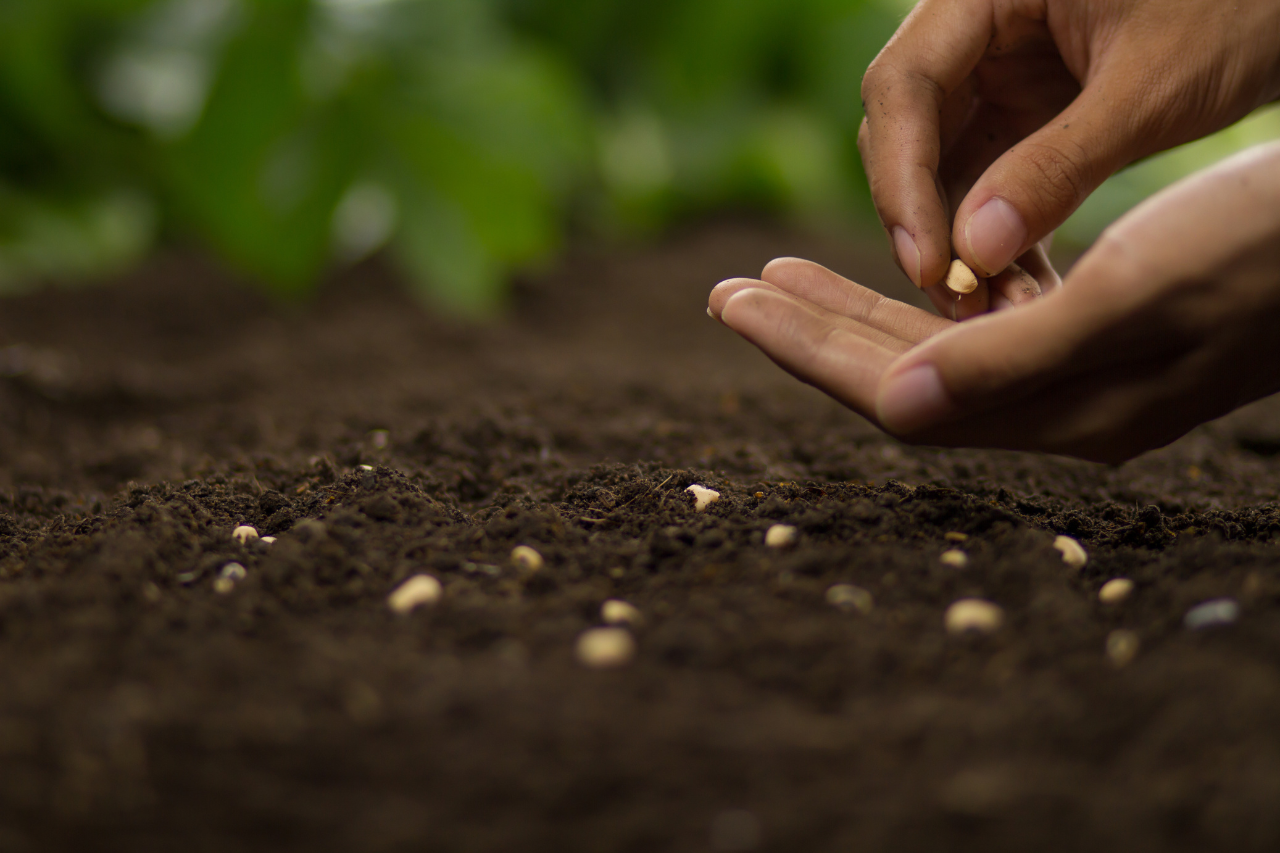
Kenya’s rich agricultural history is deeply rooted in indigenous seed varieties, cultivated for generations. However, the dominance of hybrid and genetically modified (GM) seeds threatens traditional farming practices, biodiversity, and food sovereignty. Seed sovereignty—the right of farmers to save, share, and replant their own seeds—is crucial for maintaining Kenya’s agricultural independence.
Indigenous seeds are adapted to local climate conditions and are often more resilient to pests and diseases than commercially bred hybrids. Crops like sorghum, millet, and African leafy vegetables have sustained communities for centuries, offering high nutritional value and drought resistance.
However, multinational seed corporations and restrictive seed laws are making it harder for farmers to access and share indigenous seeds. The promotion of hybrid seeds, which must be purchased each planting season, places a financial burden on small-scale farmers. Additionally, restrictive seed policies criminalize the exchange of traditional seeds, limiting farmers’ ability to preserve their heritage.
To protect seed sovereignty, farmer-led seed banks and community seed exchange programs are emerging across Kenya. Organizations advocating for seed sovereignty are pushing for policy changes that recognize the value of traditional seed-saving practices.
A future where Kenyan farmers have control over their seeds is vital for food security and cultural preservation. Supporting indigenous crops ensures biodiversity, climate resilience, and a self-sustaining agricultural system that benefits farmers and consumers alike.

